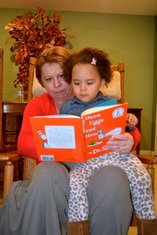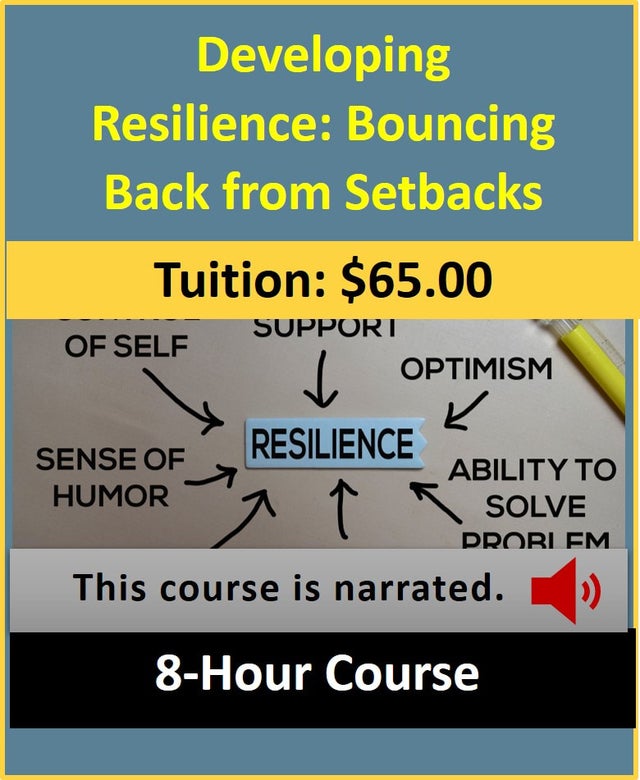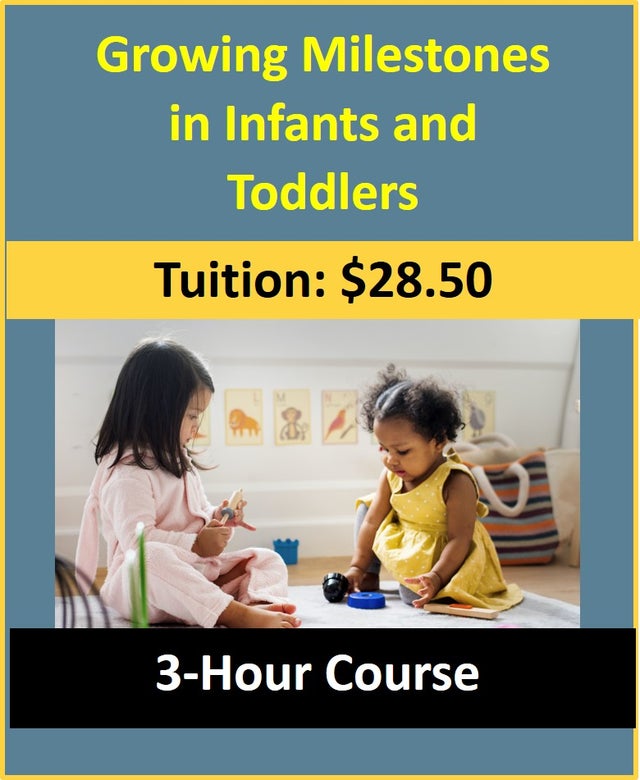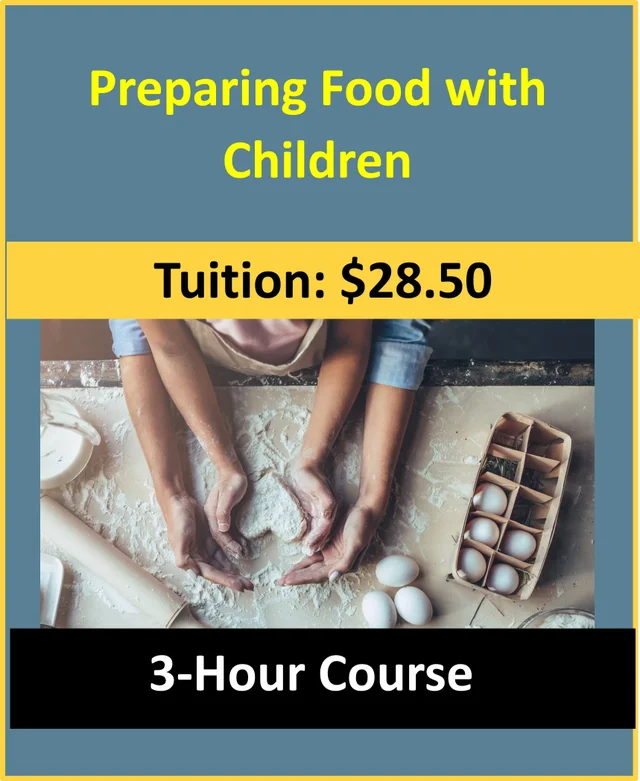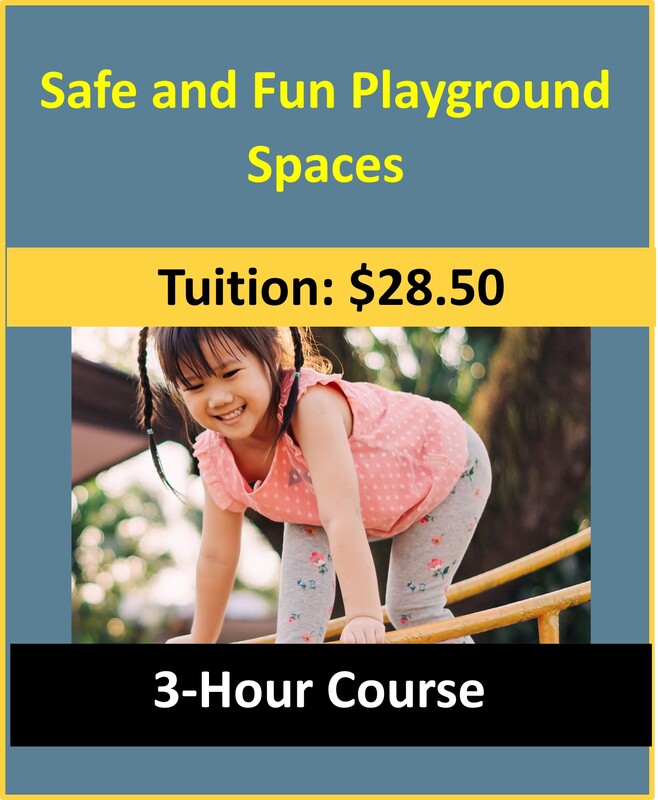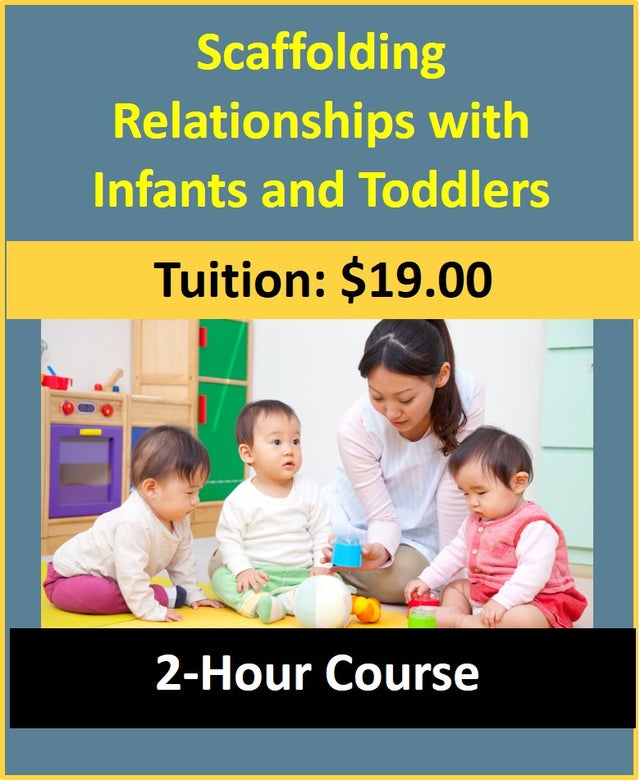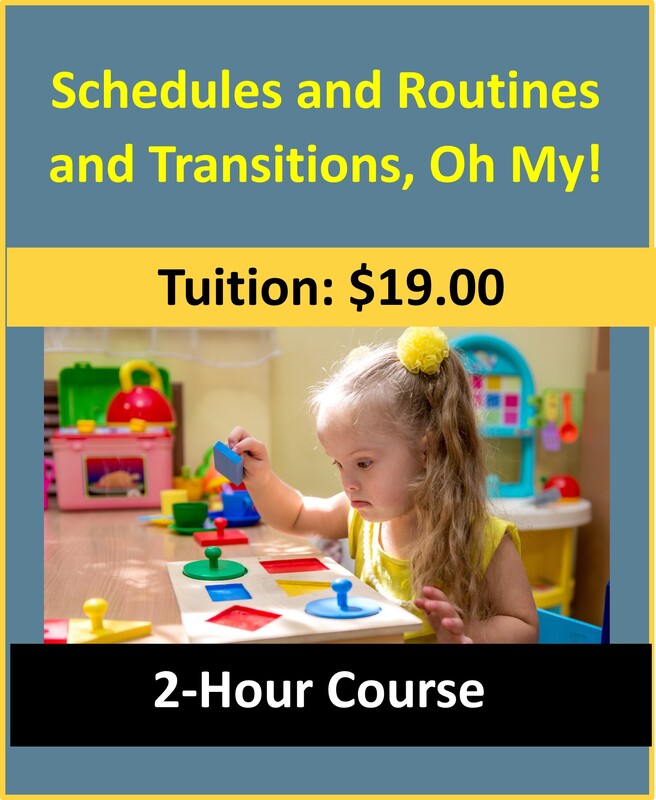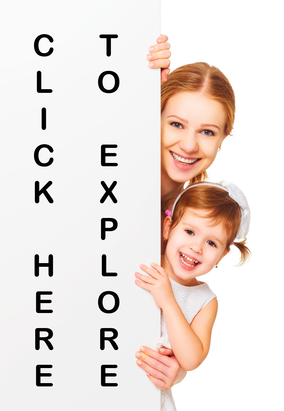From Our Educators
All Children Have the Potential for Success
Debra Hasbrook, M.Ed. |
1/9/2015
Every child has the potential to achieve success at something. Comparing children to one another is a great way to limit the success of all the children. How we as educators view success can be influenced by trends, family of origin and societal expectations. It is possible to hear a positive comment such as “she was able to read when she was three years old.” Then attach a negative inference with the comment, “at three years old he completely took apart the toaster and it hasn't worked since.” Both of these situations show advanced abilities, unfortunately one is seen as a good thing, and the other a problem. Each person has innate and learned skills that can be nurtured to support a successful experience. Though a child may have a natural ability for a skill or activity, it does not mean they will continue to be successful. These skills and abilities must be nurtured, trained and practiced. On the other hand a child with less ability may be really interested in achieving success in a skill or activity and put in the time, training, and practice to surpass the child with natural ability. In early childhood we watch for milestones, help children to become socially skilled, and introduce them to academic and useful concepts. Some catch on, and some need practice. Try not to label or judge either way. Instead pay attention and support the interests of each child. Provide a variety of activities and materials for all of the children in a variety of skill levels. Your support in providing successful and supportive experiences might help a child become a healthy, happy, and productive adult. |
